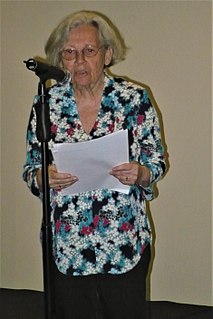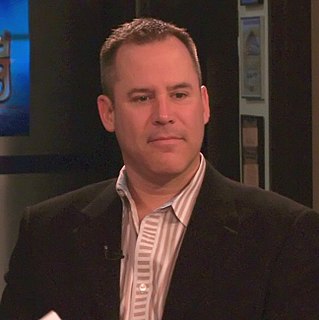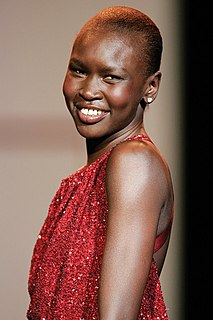A Quote by Betsy DeVos
We can focus on differences that divide us, or we can choose to listen and learn from each other's experiences.
Quote Topics
Related Quotes
Here in America, we don't let our differences tear us apart. Not here. Because we know that our greatness comes from when we appreciate each other's strengths, when we learn from each other, when we lean on each other, because in this country, it's never been each person for themselves. No, we're all in this together. We always have been.
Whether we are Christians or Muslims or nationalists or agnostics or atheists, we must first learn to forget our differences. If we have differences, let us differ in the closet; when we come out in front, let us not have anything to argue about until we get finished arguing with the man. If the late President Kennedy could get together with Khrushchev and exchange some wheat, we certainly have more in common with each other than Kennedy and Khrushchev had with each other.
And when I go around and talk to schools, what I tell the kids are, first of all, you have to accept each other's differences. Some of you are going to be a crappy football player, some of you are going to be a great mathematician. Whatever it is, accept each other's differences and help prop each other up.
We think of music as this substance that flows - you turn on the tap, and there it is, streaming off your computer - but that's not how we evolved as a species. We evolved to listen to each other, and the reason we're able to listen to music in the terms is talking about is because we're really good at listening to each other. But this kind of technology has allowed us to forget that music is the sound of each other.


































